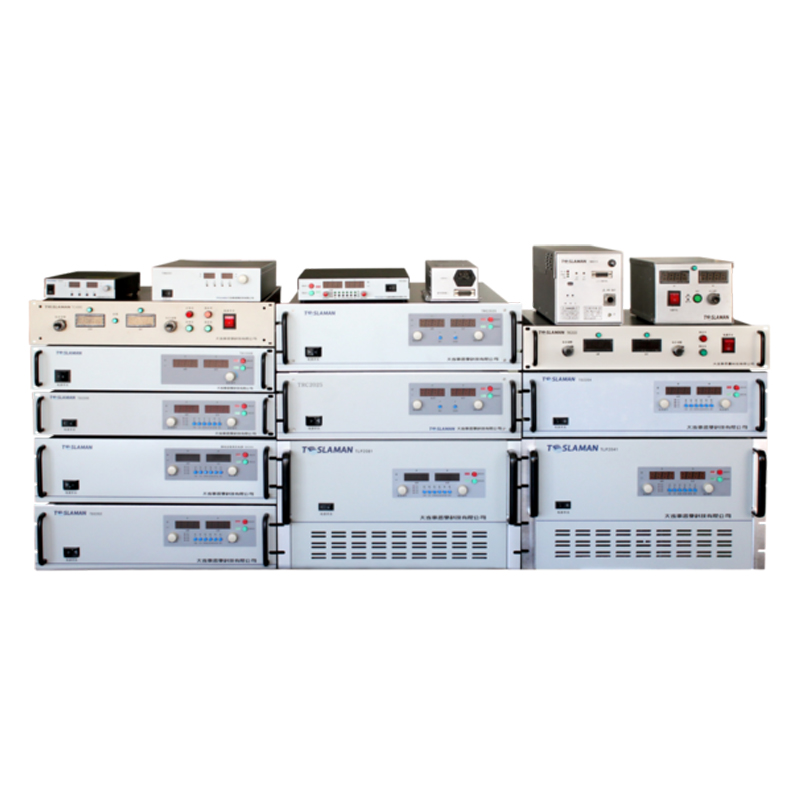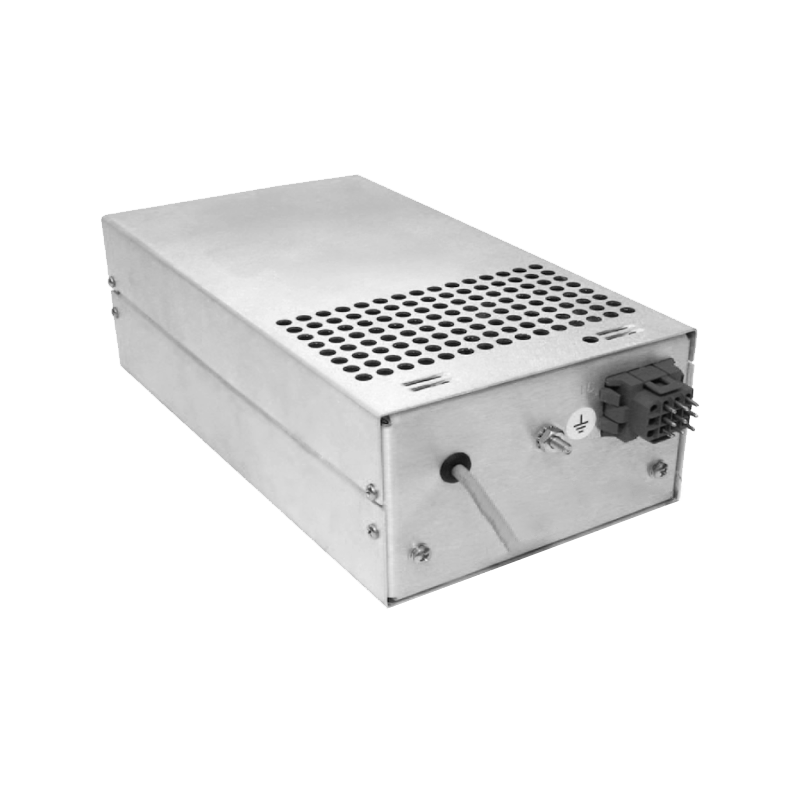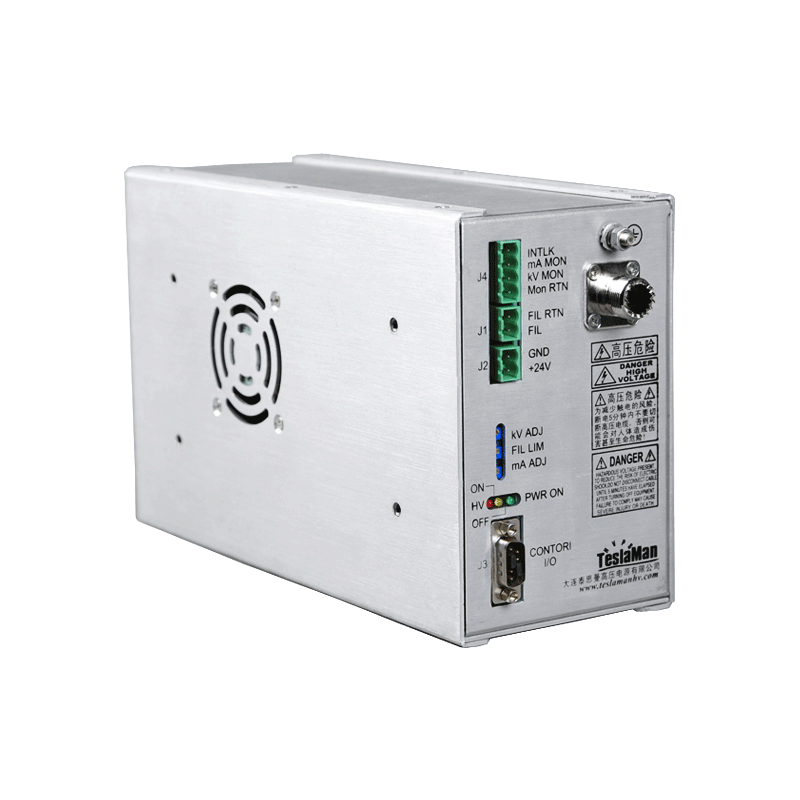The Role and Advantages of High-Voltage Power Supplies in Plasma Medical Wastewater Treatment Technology
With the development of the global economy and the improvement of people's living standards, the problem of medical wastewater treatment has become an urgent environmental issue. Traditional medical wastewater treatment technologies suffer from low efficiency, high equipment maintenance costs and production of residual sludge after treatment, making it necessary to seek new ways to improve the entire treatment system. In recent years, the application of plasma technology in combination with high-voltage power supplies in medical wastewater treatment has also begun to receive attention.
Firstly, the role of high-voltage power supplies in plasma medical wastewater treatment technology mainly manifests itself in promoting ionization and oxidation reactions. In plasma technology, high-voltage power supplies can produce high-energy particles and electrons, which can react with organic matter in water to remove harmful substances. The produced plasma generated by high-voltage power supplies can oxidize and decompose organic matter and nitrogen in wastewater, forming harmless substances while eliminating odor. This processing method not only has high efficiency and stability but can also effectively reduce the risk of secondary pollution.
Secondly, high-voltage power supplies in plasma medical wastewater treatment technology also have a series of significant advantages. Firstly, they exhibit high processing efficiency, quickly breaking down harmful substances in wastewater into harmless ones and eliminating odors. Secondly, the operation is simple, as compared to traditional chemical treatment methods, plasma technology does not require adding large amounts of chemicals. During technical implementation, it only needs to maintain an appropriate voltage to efficiently complete wastewater treatment. Additionally, high-voltage power supplies in plasma medical wastewater treatment technology save energy and reduce noise pollution.
Of course, there are challenges in the actual application of high-voltage power supplies in plasma medical wastewater treatment technology. For example, selecting suitable electrode materials, voltage values, and current densities to control the process is essential; otherwise, the oxidation reaction may be insufficient, or secondary pollution may occur. Furthermore, due to the special nature of plasma technology, maintenance of the treatment equipment and environmental factors that affect its operation also need to be taken into account.
In summary, the application of high-voltage power supplies in plasma medical wastewater treatment technology has broad prospects. Although this technology still needs further improvement and optimization, various problems will be encountered during actual operation. As people's awareness of environmental protection increases with the continuous development of science and technology, we believe that plasma medical wastewater treatment technology and related equipment will gradually be promoted and popularized.




















